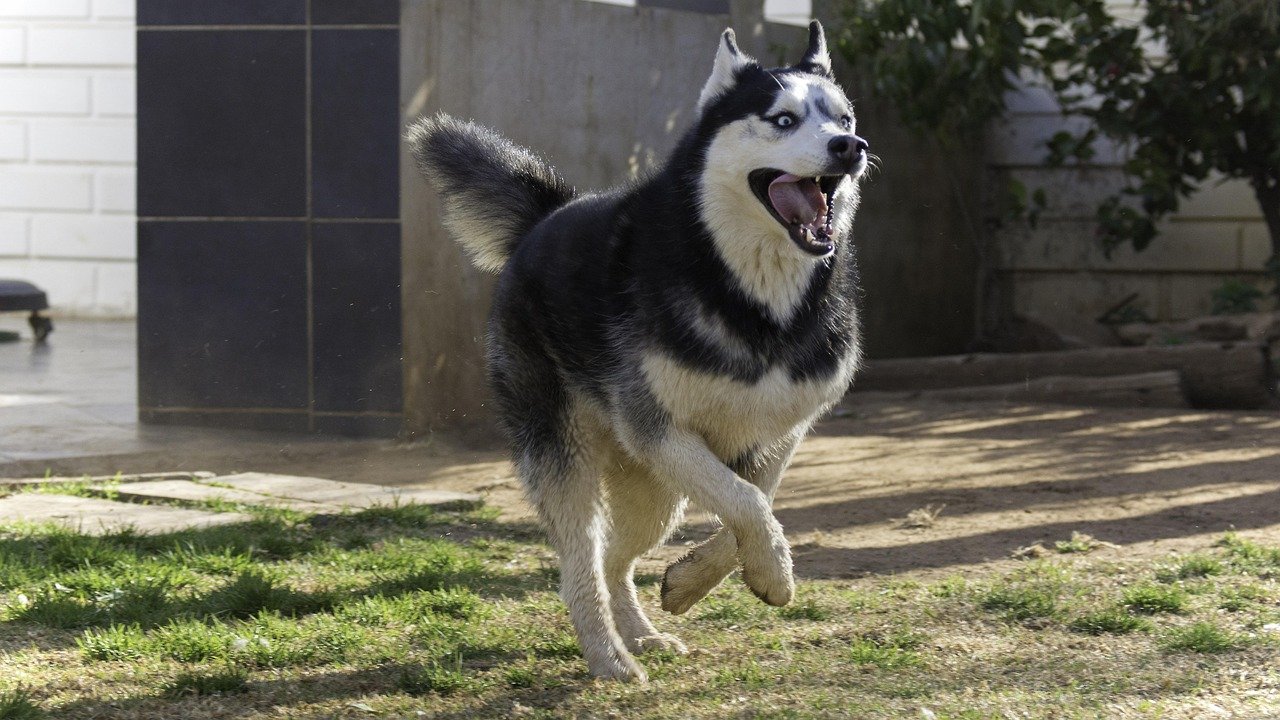Have you ever locked eyes with a sweet puppy, only to be shocked later by its wild energy, stubbornness, or overwhelming strength? Many families dream of a loyal, loving dog, but sometimes the reality is a whirlwind of chewed shoes, endless barking, and chaos. Some breeds have special personalities and needs—without the right training, they can truly test even the most patient owners. If you’re considering adding a four-legged friend to your home, it’s vital to know which breeds demand extra attention, understanding, and commitment. Let’s dive into 20 dog breeds that may surprise you with their challenges, and why training is their golden ticket to becoming perfect family companions.
Akita
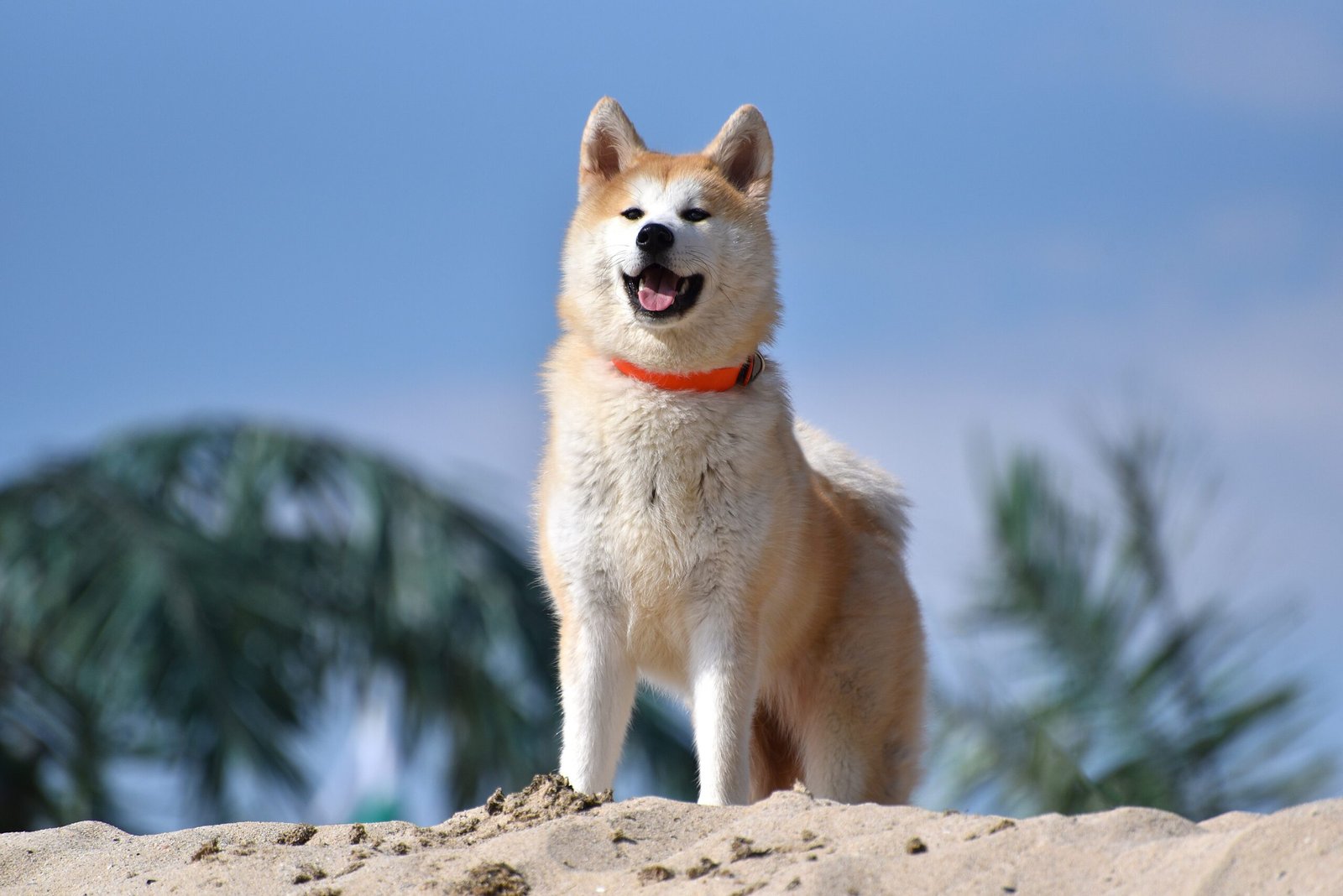
Bringing a dog into your family is a joyful experience—but not all breeds are a walk in the park. Some dogs, while incredibly loyal, intelligent, or energetic, can pose real challenges for families who aren’t prepared with the right training and structure.
The Akita is a striking, noble breed with a deep sense of loyalty. However, their independent nature can make them a serious handful for unprepared owners. Akitas are naturally protective and sometimes wary of strangers, which means socialization and consistent training are non-negotiable. Without guidance, their strong will and territorial instincts may lead to stubbornness or even aggression. They require a confident leader who can set clear boundaries. Families who treat Akitas with respect and offer structured training often discover a gentle, devoted friend, but those who skip the basics risk living with a dog that won’t listen or get along with guests. Akitas are not the choice for a first-time dog owner looking for an easygoing pet.
Alaskan Malamute
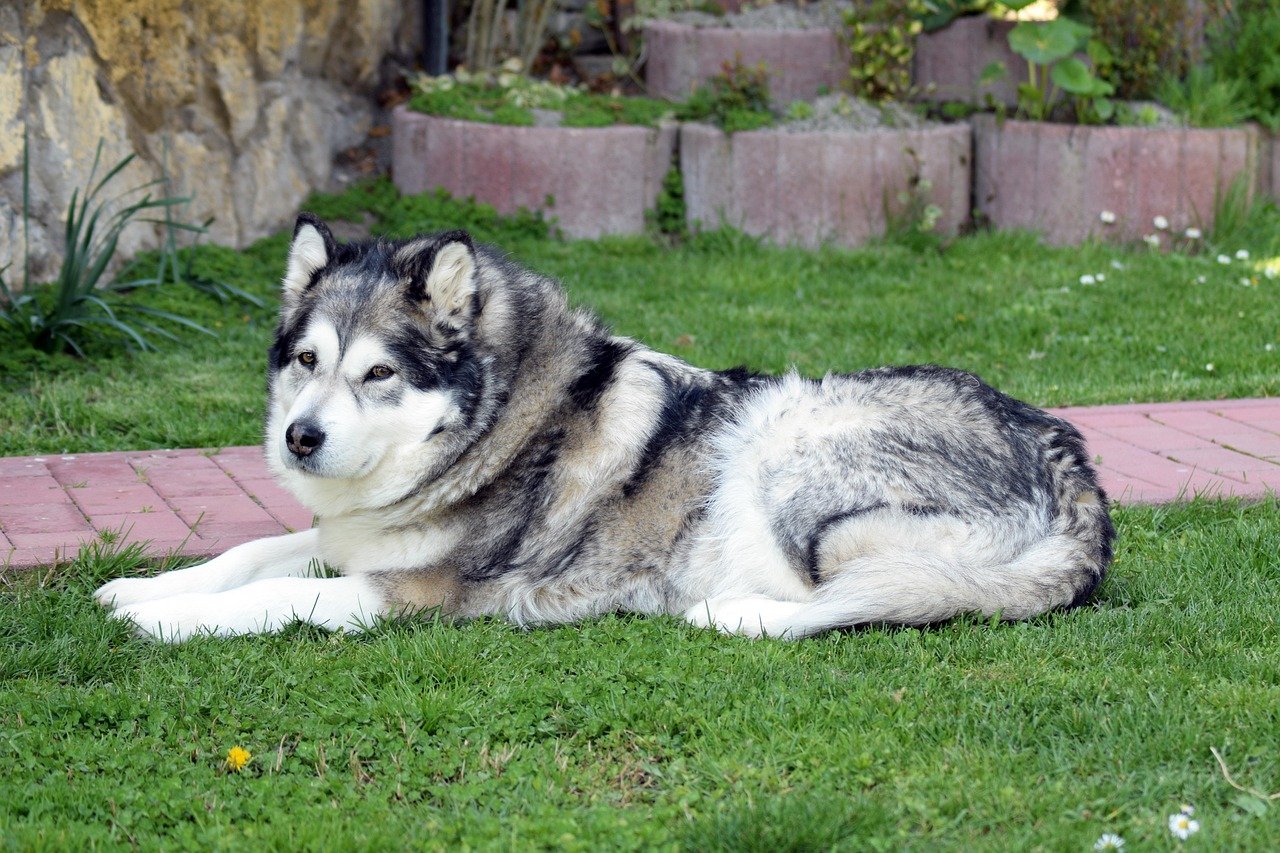
Alaskan Malamutes are powerhouses—built for endurance and strength. These dogs have a stubborn streak and are notorious escape artists; a weak fence is just another obstacle to conquer. Malamutes are pack animals, so they need a firm, patient hand and clear leadership. If not, they may challenge family members for dominance or act out with destructive behavior. Their high energy can quickly overwhelm a household not prepared for daily exercise and mental stimulation. Without proper training, they can develop bad habits, such as digging up the yard or howling at the moon. An untrained Malamute is a whirlwind, but with guidance, they shine as loving, playful companions.
Dalmatian
Dalmatians are famous for their spotted coats and boundless energy. While they look adorable in movies, real-life Dalmatians are athletic and intelligent—but also sensitive and sometimes stubborn. They need a structured environment and consistent rules, or they may become anxious or hyperactive. Dalmatians can be wary of strangers and sometimes nippy with children if not properly socialized. Their enthusiasm for life means they need lots of exercise and mental challenges. Without this, they may resort to destructive chewing or endless barking. Training and early socialization are essential to help them channel their energy positively.
Jack Russell Terrier

Small but mighty, the Jack Russell Terrier packs a punch of energy and willpower. These dogs are agile, curious, and always on the go. Without boundaries, they can quickly become the boss of the house. Jack Russells love to dig, chase, and bark—a recipe for mischief if not properly managed. They need daily mental and physical challenges to stay happy. Untrained Jack Russells often outsmart their owners and develop unwanted habits. This breed thrives with experienced dog owners who can offer structure, games, and lots of patience.
Siberian Husky

Siberian Huskies are famed for their wolf-like appearance and magnetic eyes, but they come with a wild side. Huskies are known for their independent thinking and love of running—sometimes straight out of the yard! They have a strong prey drive and can be difficult to recall off-leash. Without firm training and secure fencing, they’ll follow their noses wherever it leads. Huskies are vocal and will “talk back” if they feel ignored. For families without time for daily exercise and training, Huskies can become destructive or even escape artists. They require an owner willing to invest in both their minds and muscles.
Chow Chow
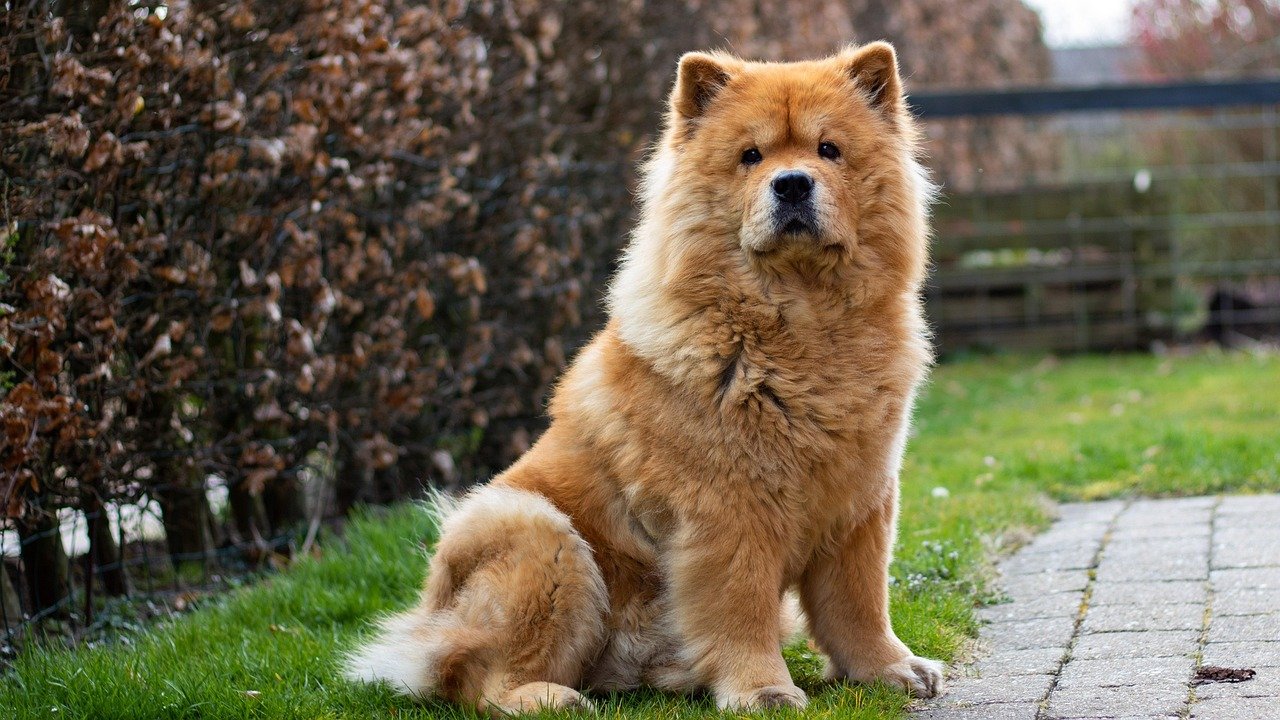
The Chow Chow’s lion-like mane and dignified demeanor hide a stubborn, sometimes aloof personality. This breed is independent and often prefers to do things on its own terms. Without early socialization and clear rules, Chow Chows can become territorial and wary of strangers, sometimes even family members. They can be difficult to train due to their strong-willed nature. Firm, gentle, and consistent guidance is essential. Chows respond well to positive reinforcement, but harsh discipline can make them shut down completely. Families need to be patient and persistent to build trust with a Chow Chow.
Belgian Malinois
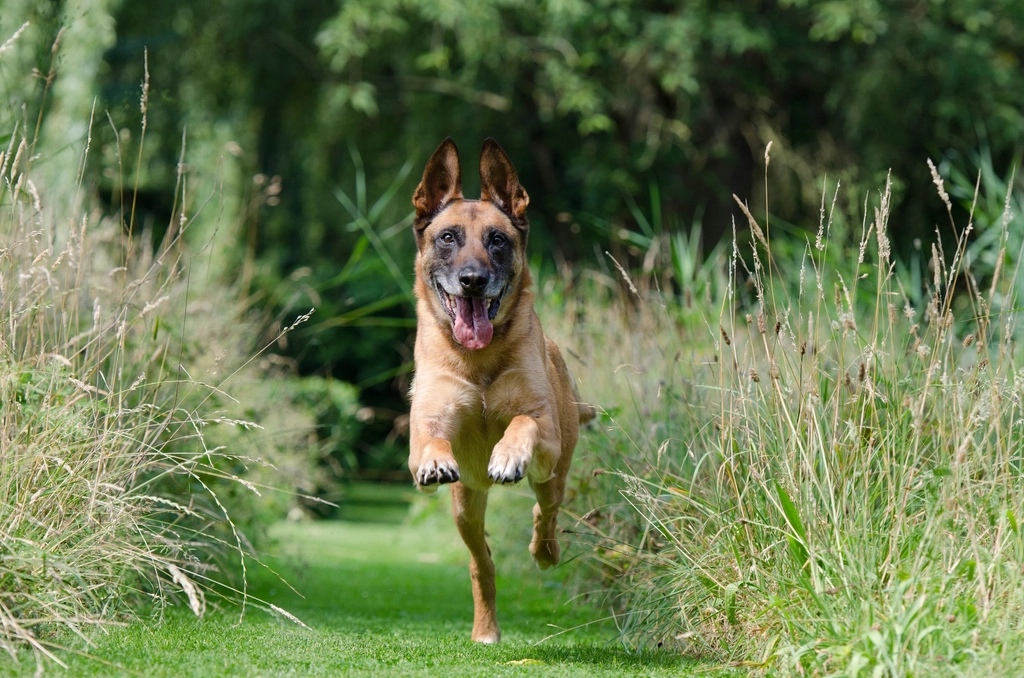
Belgian Malinois are often used in police and military work for a reason—they’re intensely driven, smart, and energetic. But these qualities can spell trouble in an average household. Without a job to do, Malinois can become bored and destructive, channeling their energy into chewing, barking, or even escaping. They need mental challenges and physical outlets every day. Training is not optional; it’s essential to keep their minds focused and their bodies healthy. In inexperienced hands, their strength and intelligence can quickly become overwhelming.
Australian Cattle Dog
Australian Cattle Dogs, also known as Blue Heelers, are working dogs through and through. They were bred to herd cattle and have endless energy and determination. Without clear direction and boundaries, these dogs may try to herd children, nip at heels, or take charge of the household. They are highly intelligent and need regular training sessions to keep them sharp. Cattle Dogs can be wary of strangers and protective of their family, which requires early socialization to avoid aggressive tendencies. They do best with active owners who understand their need for a “job.”
Border Collie
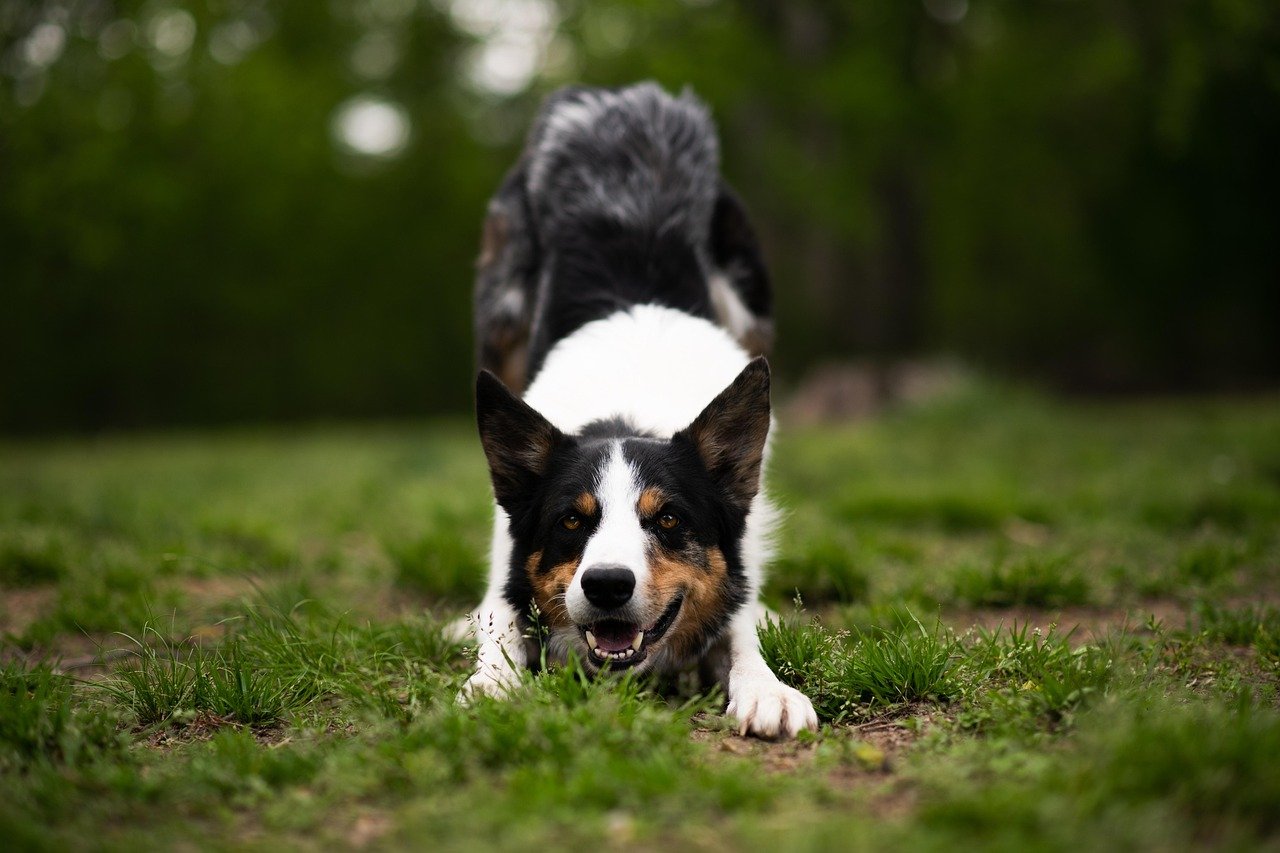
Border Collies are the Einsteins of the dog world. With their sharp mind and boundless energy, they can be both a joy and a challenge. Without frequent mental and physical stimulation, they grow bored and invent their own games—often involving herding anything that moves. Border Collies are sensitive and respond best to positive reinforcement, but they require experienced handlers who can keep up with their pace. Families who can’t commit to daily training and playtime may find their Border Collie restless or even destructive.
Rottweiler

Rottweilers are powerful, confident dogs who need an owner just as strong-willed. Without training, they may become overprotective or even aggressive, especially if they feel their family is threatened. Rottweilers need clear rules and early socialization to ensure they’re comfortable around strangers and children. Their strength and intelligence mean they can outmuscle or outsmart an unprepared owner. With the right guidance, they become loyal family guardians, but without it, they can be a handful.
Doberman Pinscher

Doberman Pinschers are sleek, athletic, and fiercely loyal. They’re also highly intelligent and energetic, which means they need focused training and lots of exercise. Without this, Dobermans may become restless or overly protective. Their alertness makes them excellent watchdogs, but it also means they can become suspicious of strangers without proper socialization. Dobermans respond well to positive reinforcement, but a lack of structure can lead to behavioral issues. Owners need to be consistent, confident, and ready to keep up with this breed’s energy.
German Shepherd
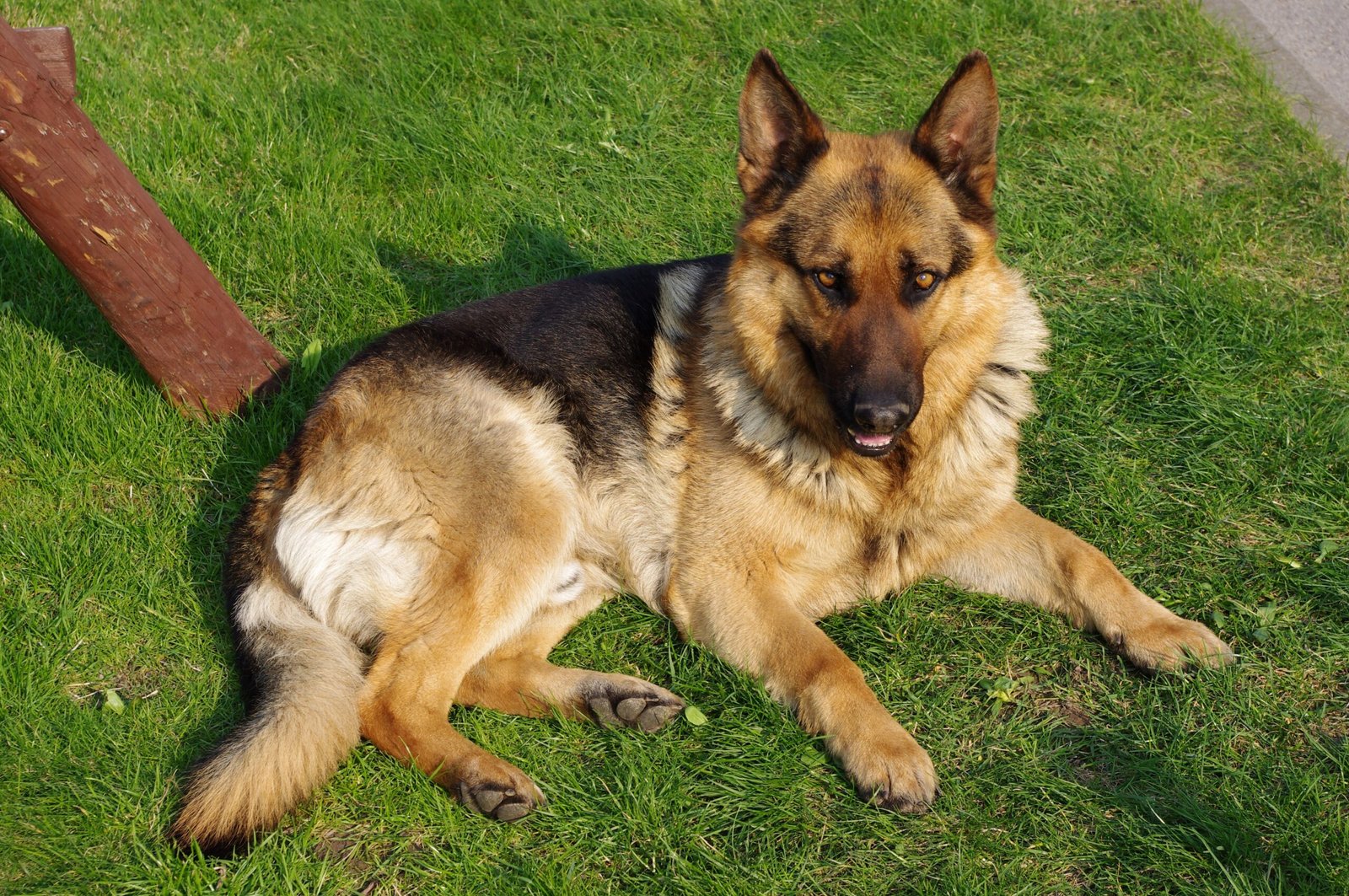
German Shepherds are famous for their work in law enforcement and search-and-rescue. Their intelligence and loyalty are legendary—but so is their need for training. Without guidance, they may develop dominance issues or become overly protective. German Shepherds need clear leadership and daily mental challenges. They can be wary of outsiders, so early socialization is key. Families who underestimate their energy and intelligence may find themselves with a dog that’s bored, anxious, or even destructive.
Weimaraner
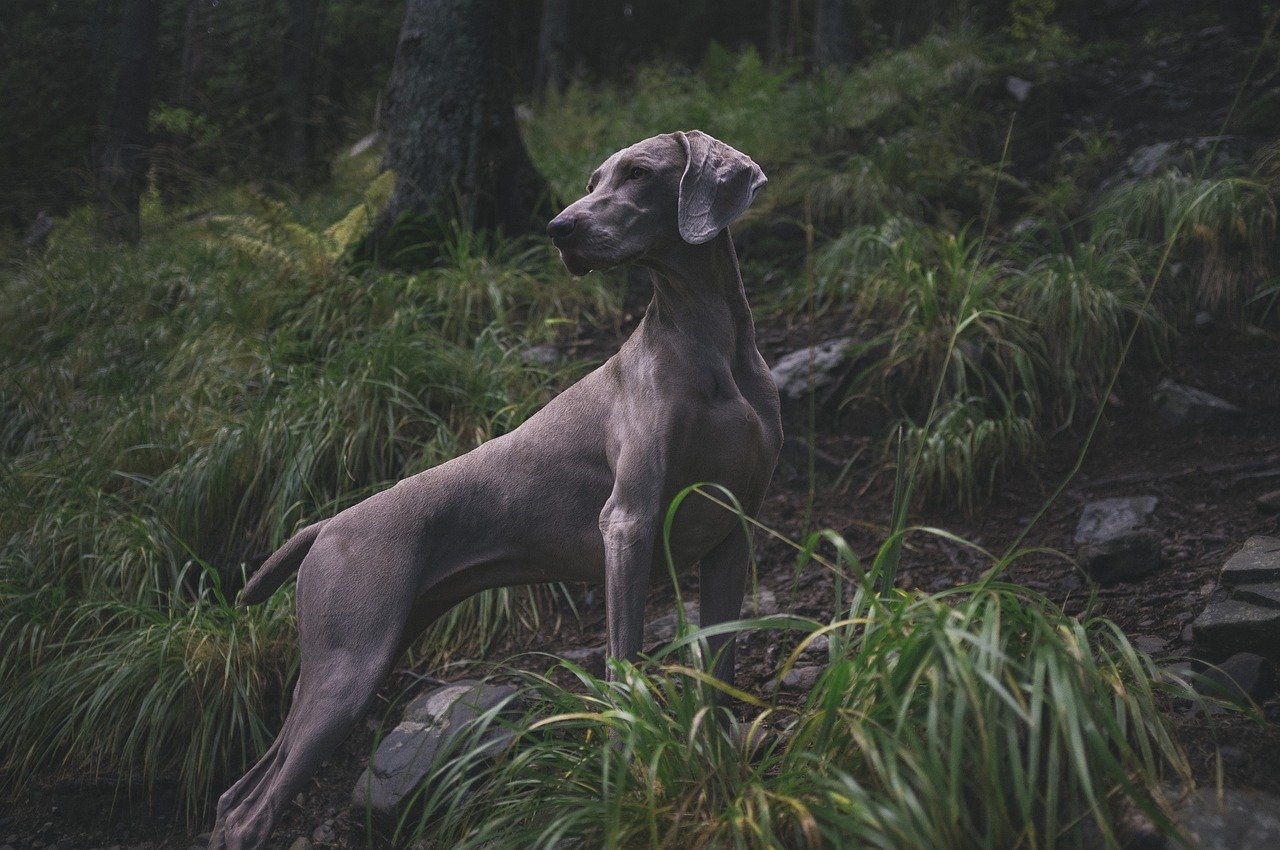
Weimaraners are known for their striking silver coats and affectionate personalities. However, their high energy and strong prey drive can be overwhelming. Weimaraners need rigorous daily exercise and mental challenges to stay happy. Without consistent training, they may become anxious, clingy, or destructive. This breed thrives on attention and structure, but families unprepared for their needs often struggle. Training and socialization help transform their wild energy into loving companionship.
Bullmastiff
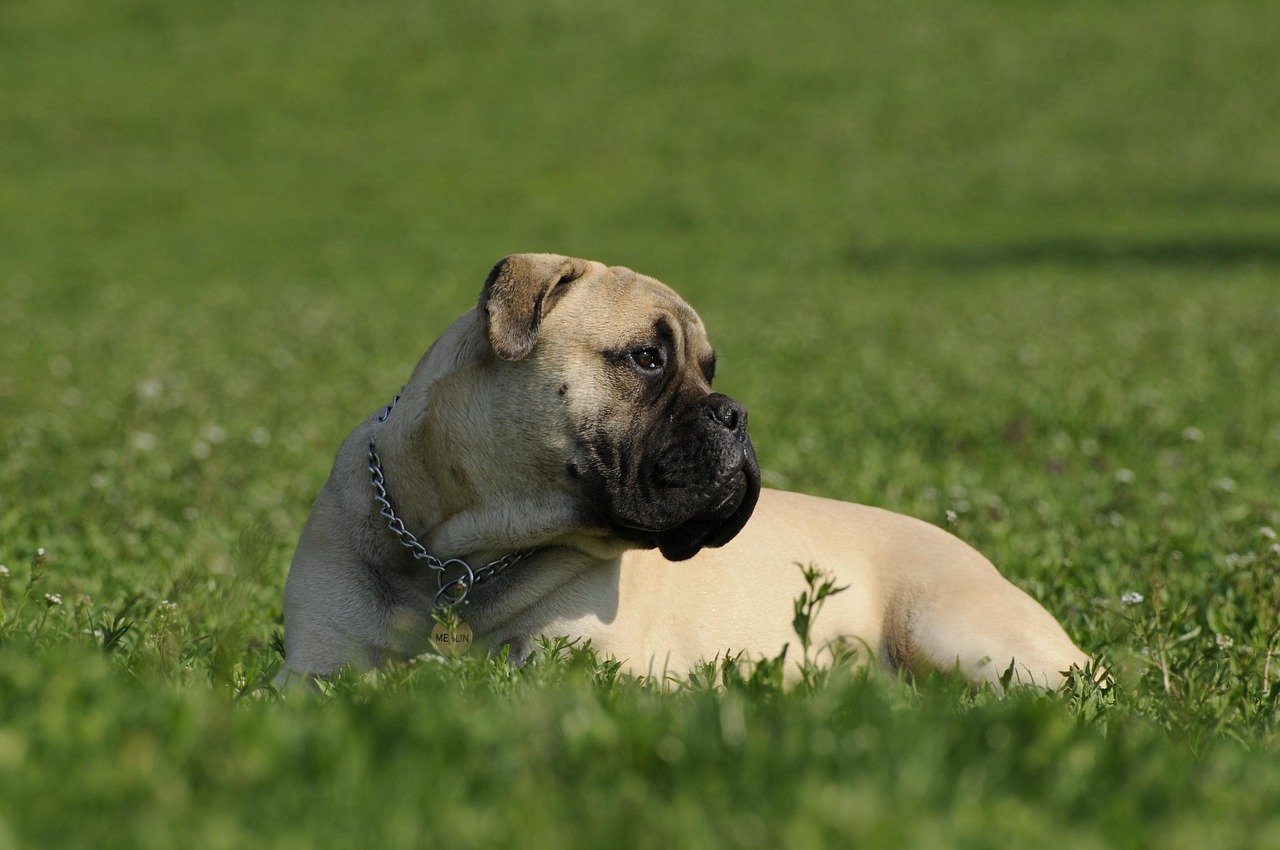
Bullmastiffs are gentle giants with a protective streak. Their size and strength mean they need early training to learn good manners. Without it, they can unintentionally knock over children or become too pushy with guests. Bullmastiffs are naturally wary of strangers, so socialization is crucial to prevent aggressive behavior. They respond best to calm, firm leadership, and positive reinforcement. A well-trained Bullmastiff is a loyal, loving companion, but without guidance, they can be difficult to manage.
Presa Canario

The Presa Canario is a powerful, confident breed originally used for guarding livestock. Their imposing presence can be intimidating, and without proper training, they may develop dominance issues or aggressive tendencies. Presa Canarios require experienced owners who understand how to set boundaries and provide consistent structure. Early socialization is essential to prevent fearfulness or aggression towards strangers. This breed is not for the faint of heart, but with dedication, they can become loyal protectors.
Great Dane

Great Danes are known for their size and gentle demeanor, but they require early obedience training to handle their strength. Without proper manners, a Great Dane can easily overpower an adult, let alone a child. They can be stubborn and sometimes forget their own size, leading to accidents indoors. Consistent training and clear boundaries help them understand expectations. Socialization is also important to prevent shyness or fearfulness. A well-trained Great Dane is a gentle giant, but without discipline, they can unintentionally become a challenge.
American Pit Bull Terrier
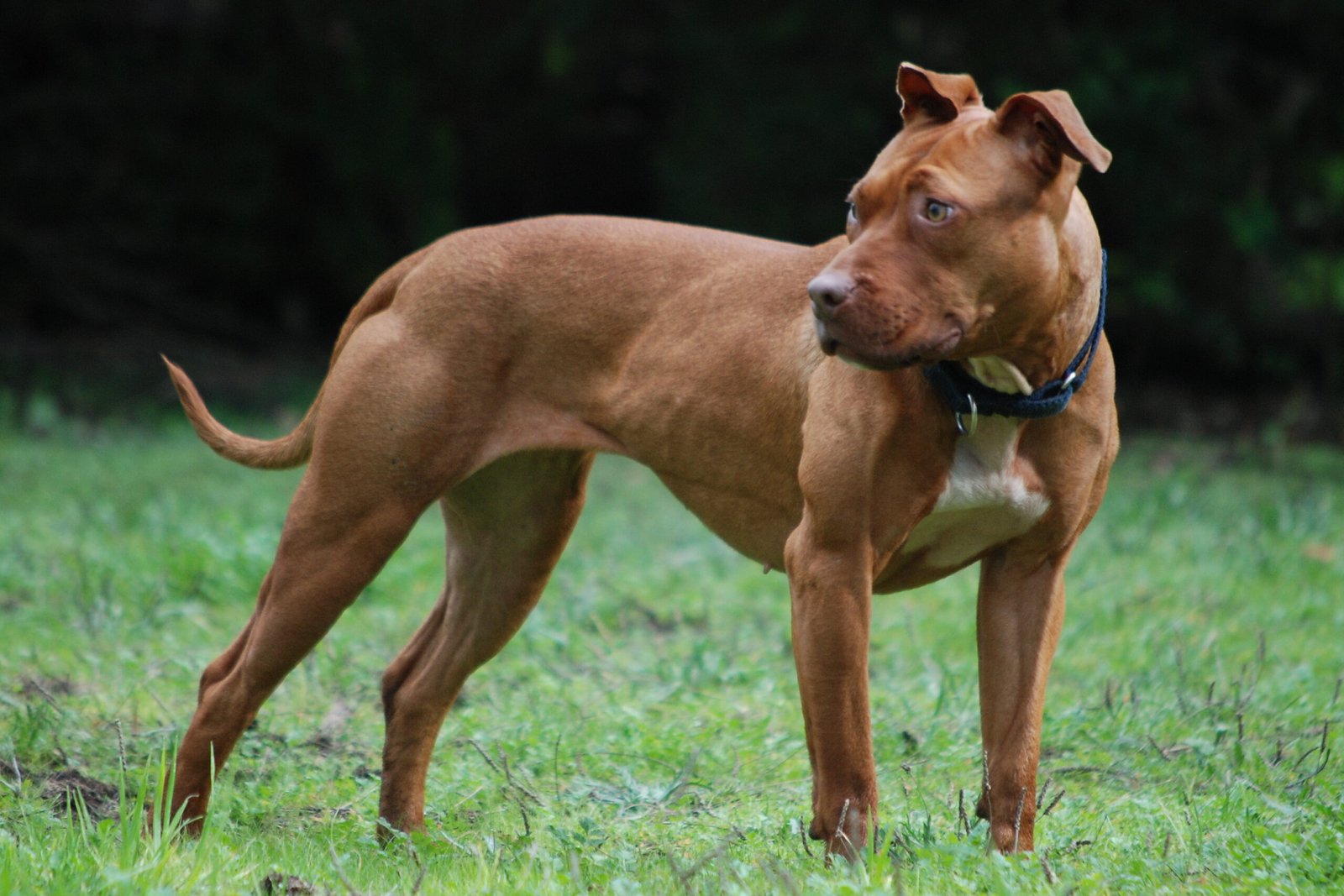
American Pit Bull Terriers are strong, energetic, and eager to please, but they need careful, consistent training to thrive. Without it, they may develop behavioral issues or become overly boisterous. Early socialization helps prevent aggression toward other animals and strangers. Pit Bulls respond well to positive reinforcement, but harsh discipline can backfire. This breed needs a confident, patient owner willing to invest time in training and exercise. When raised properly, Pit Bulls are affectionate and loyal, but without guidance, they can be difficult for inexperienced families.
Boerboel
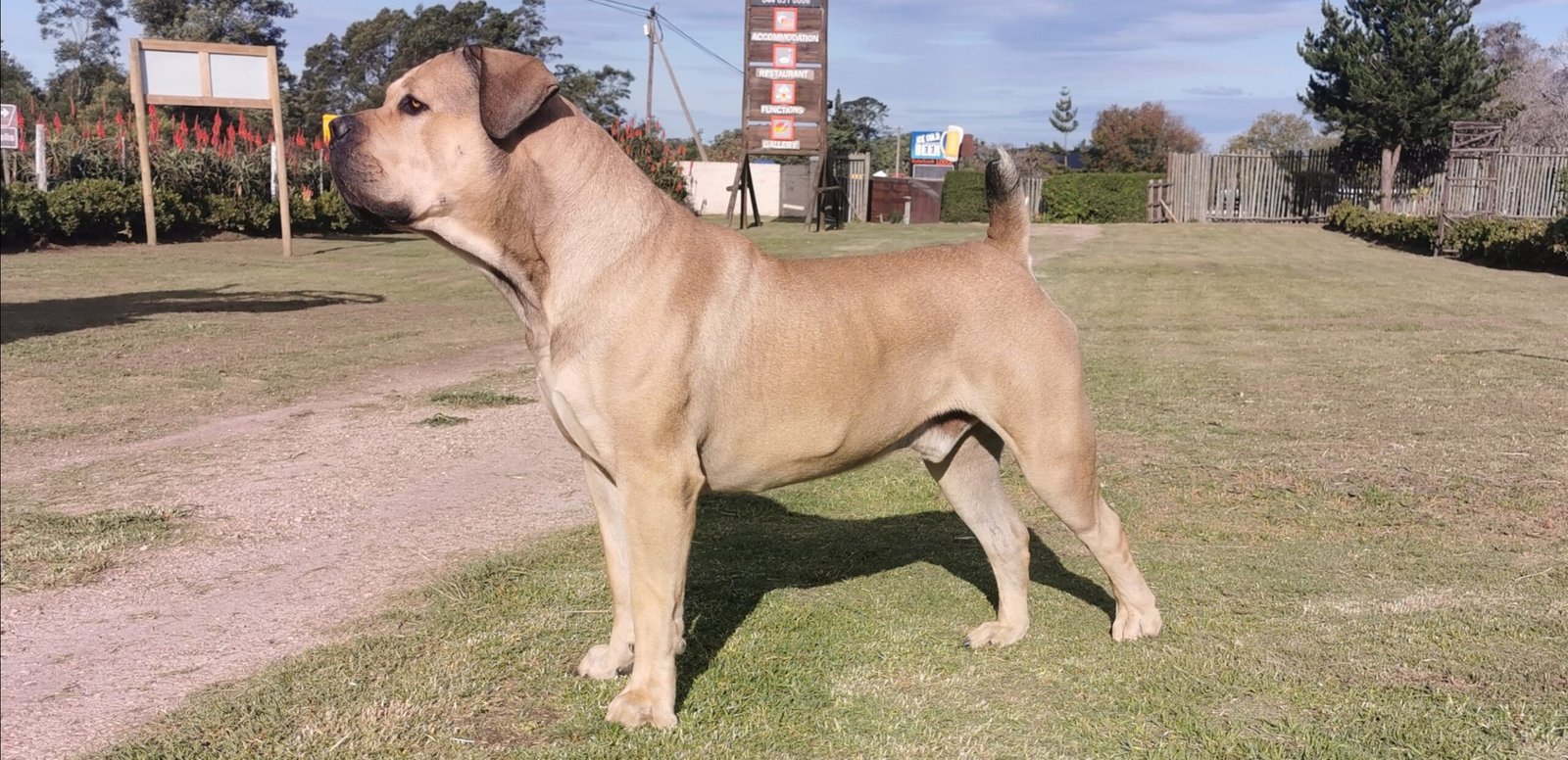
The Boerboel is a massive South African mastiff bred to guard homesteads. Their strength and protective instincts make them a formidable presence. Without early training and socialization, Boerboels can become dominant or territorial. They need a confident leader who can provide structure and clear rules. Boerboels are intelligent and eager to please, but they require daily mental and physical challenges. Families who underestimate their needs may find them too much to handle.
Shar Pei
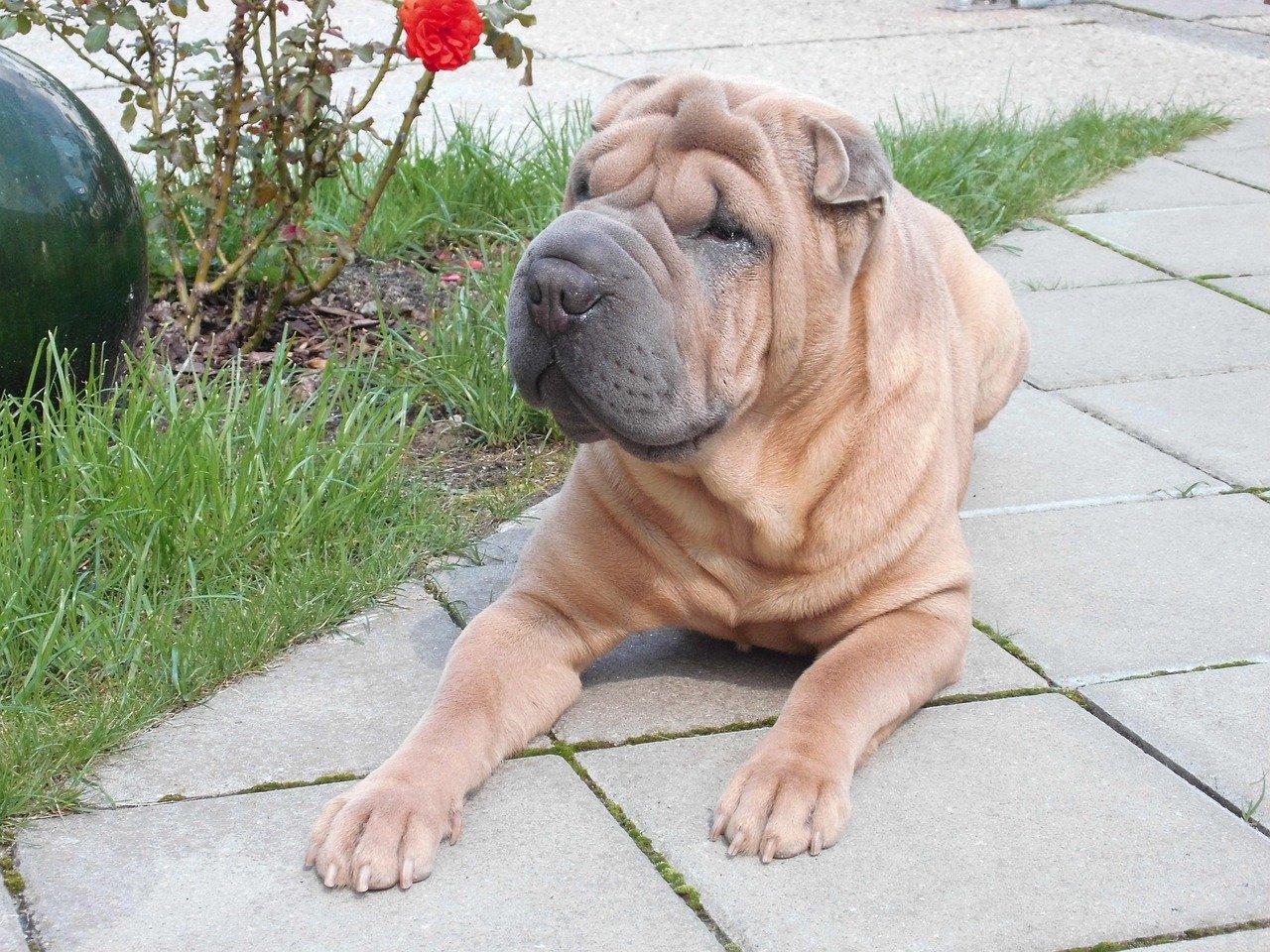
Shar Peis are famous for their wrinkled skin and unique look, but they also come with a stubborn streak. These dogs are independent and sometimes aloof, making training a challenge. Shar Peis can be wary of strangers and protective of their families, which means early socialization is crucial. Without consistent guidance, they may develop behavioral problems or become difficult to manage. Shar Peis respond best to positive reinforcement and patience. Owners who invest in training discover a loyal, affectionate companion.
Rhodesian Ridgeback

Rhodesian Ridgebacks are athletic, confident, and originally bred to hunt lions. Their independence can make them difficult for inexperienced owners. Ridgebacks need early socialization and consistent training to manage their strong will and prey drive. Without guidance, they may become stubborn or even aggressive. This breed thrives with an active family who can provide plenty of exercise and mental challenges. Ridgebacks are loyal and loving when properly trained but can be a handful for those who skip the basics.
While every dog has the potential to be a loving and loyal companion, some breeds require more structure, patience, and consistent training than others. The 20 breeds we’ve explored aren’t “bad dogs”—they’re simply breeds with strong instincts, boundless energy, or independent streaks that can overwhelm unprepared owners. With the right guidance and commitment, even the most challenging breeds can thrive in a family setting. The key is knowing your limits, understanding the dog’s needs, and being ready to grow alongside your canine companion.

Linnea is a born and bred Swede but spends as much time as possible in Cape Town, South Africa. This is mainly due to Cape Town’s extraordinary scenery, wildlife, and atmosphere (in other words, because Cape Town is heaven on earth.) That being said, Sweden’s majestic forests forever hold a special place in her heart. Linnea spends as much time as she can close to the ocean collecting sea shells or in the park admiring puppies.

